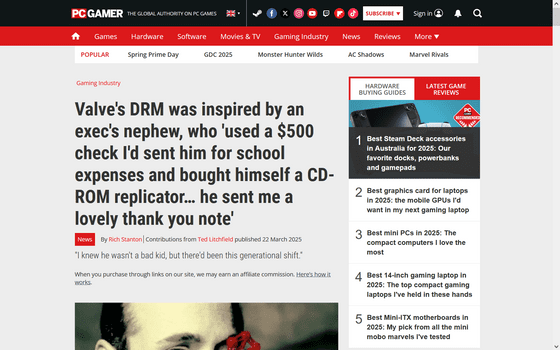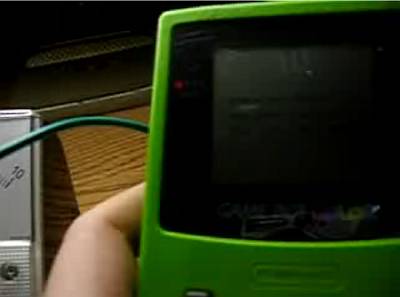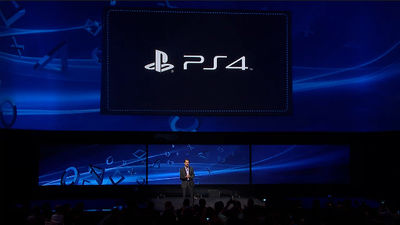Steam's Digital Rights Management (DRM) was introduced after the nephew of a Valve executive copied a game without permission.

The game management platform 'Steam' has had technology to prevent content copying since its launch. A founding member of Valve, the developer of Steam, spoke about the background to the introduction of this technology.
Valve's DRM was inspired by an exec's nephew, who 'used a $500 check I'd sent him for school expenses and bought himself a CD-ROM replicator… he sent me a lovely thank you note' | PC Gamer

Steam's DRM was inspired by an exec's nephew and his trusty CD burner | TechSpot
Monica Harrington, a founding member of Valve who was primarily in charge of marketing, spoke at the Game Developers Conference in California and shared her memories of her time at Valve.
In the video, Harrington touches on the topic of DRM and explains how it was introduced.
The story goes that after Harrington sent his nephew some tuition money, the nephew used the money to buy a CD-ROM replicator , which then copied a PC game and gave it to his friends. He even sent Harrington a thank-you letter saying, 'I'm so happy to be able to share the game with my friends.'
'I know he's not a bad kid,' Harrington said. 'Piracy was becoming a real problem at the time, and then as the generation shifted and new copying technology emerged, it put our business model at risk. We introduced a verification system to limit gamers like my nephew.'

At the time, PC games like 'Half-Life' developed by Harrington and others were distributed as CD-ROMs, and unlike home game consoles, there was no copy protection. To improve this situation, Valve introduced a system to authenticate the keys attached to the products on its own servers.
After the system was introduced, gamers who were playing the knockoffs complained that their games wouldn't start. Harrington added, 'My husband Mike (Valve's co-founder) got so stressed out over the complaints that he started calling everyone who was complaining. The bottom line is that the authentication system worked really well.'

After Monica Harrington's speech, Mike Harrington commented, 'When I heard my nephew's story, I thought at first, 'What was he thinking?' But he didn't think he did anything wrong. He was only 19 years old and didn't think about companies or business models or anything like that. He later apologized profusely,' affirming what Monica Harrington said.
However, he seems to have a slight misremembering of how copy protection was introduced, adding, 'I'm sure they had been planning to introduce it before my nephew's incident, but I do remember telling people about my nephew's story and being very upset about it. I think my nephew's actions were one of the triggers.'
Related Posts:
in Web Service, Game, Posted by log1p_kr







